The Quarterly Newsletter - June, 2020
Cedar Ridge Community Church
Together on a Journey Toward Racial Justice
Rephael Houston
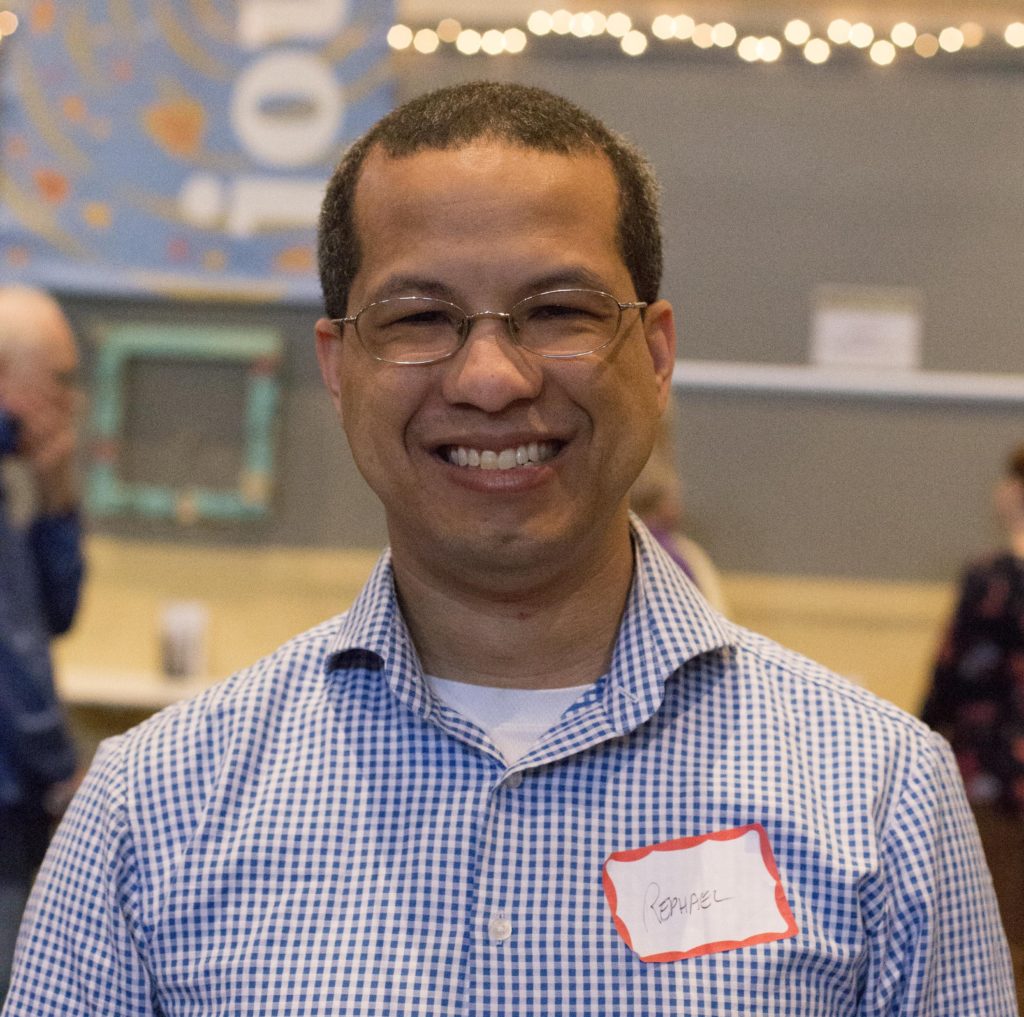 When the Minneapolis Police Department murdered George Floyd, the weight of injustice that has been felt by the Black community for generations became manifest to more people. I felt called to bring some friends together to hear each other’s stories of race and racism. Although there is a rich body of literature concerning race and racism in the United States, how individual and institutional stories weave together is often missing.
When the Minneapolis Police Department murdered George Floyd, the weight of injustice that has been felt by the Black community for generations became manifest to more people. I felt called to bring some friends together to hear each other’s stories of race and racism. Although there is a rich body of literature concerning race and racism in the United States, how individual and institutional stories weave together is often missing.
To explore the tragedy of anti-black racism and the questions that it raises, I created a container to hold those hard emotions and provide support for each other. I was inspired by Rhonda Magee’s The Inner Work of Racial Justice to use contemplative techniques to support our conversation. Contemplative practices help to give everyone a chance to slowly see what thoughts and emotions arise when we discuss stories around race and racism. I have noticed that some of my friends haven’t had a chance to unpack their stories.Contemplation helps to create a pace and place where everyone feels supported as we process this moment.
I am learning to be with heartbreaking stories to create a deepening awareness of the personal impact of race and racism. I believe that for me to “act justly and to love mercy and to walk humbly” requires contemplation. I also want to continue to make time to lament and explore the ways I have been complicit with and wounded by racist systems. I feel that I need that space just as much as my friends.
There is an urgent cry for justice that echoes across the United States and now the world.This cry reverberates from the past wounds that have never healed. It brings tears of fear and anger. Since joining Cedar Ridge, I have been able to build a contemplative practice and support others in theirs. I am hopeful that through contemplation and action, “we can build a community of people who make the world a better place.”
Hannah Guedenet
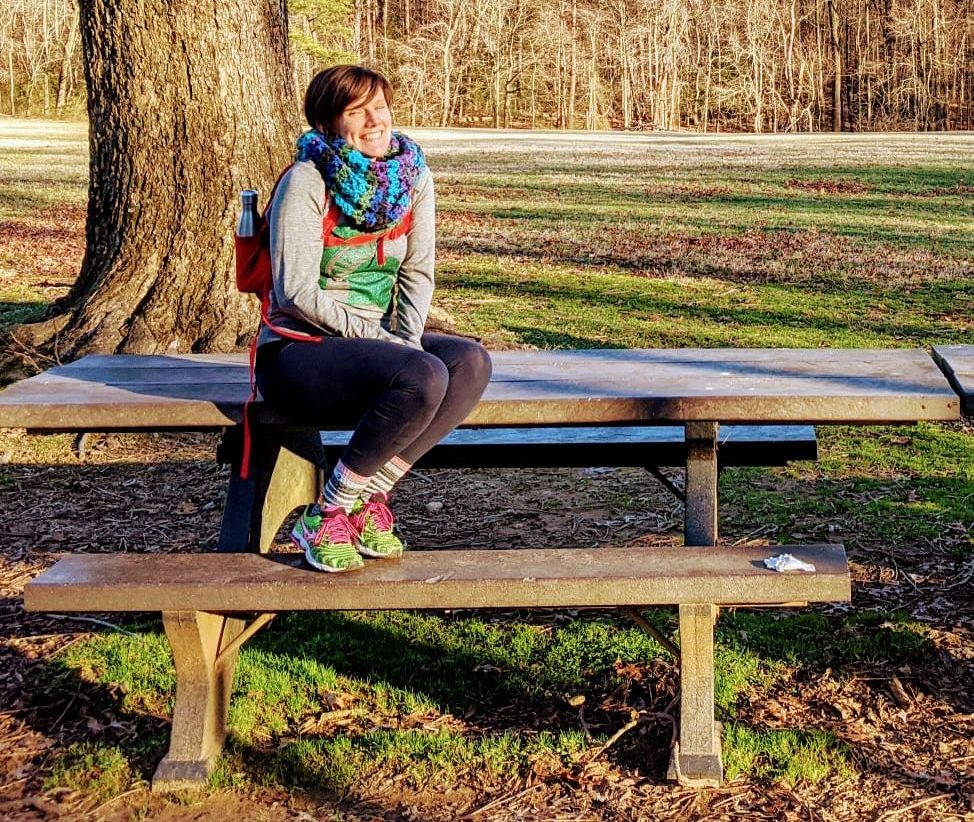
Like others in this community, the reality of the injustice in our world came crushing down on me over the past few weeks. During the recent discussion on racial justice facilitated by the Racial Justice team at CRCC, Rory Anderson asked us to reflect on what emotions we are feeling during this time. The most immediate emotion that came to mind for me was disgust. Disgust that a police officer kneeled on the neck of George Floyd for close to 9 minutes, totally ignoring his pleas for help. Disgust that Breonna Taylor could be shot while sleeping in her own bed, police having stormed into her house in the middle of the night with no justifiable cause. Disgust that Ahmaud Arbery was hunted down in his neighborhood because some folks thought he fit the description of an intruder.
And disgust knowing that I, as a white person, would never have to worry about my life or the lives of my white husband or white children being taken this way. Disgust that these lives were taken because of the color of their skin.
My first reaction as news of these events and the resulting protests spread—and as that emotion of disgust began to fester—was to do something, anything. I wrote “Black Lives Matter” in chalk on the street in front of my house. I clicked and liked every Instagram link on how to be an ally, showing solidarity with Blacks and People of Color. I wrote a fiery response to my daughter’s white principal who failed to display empathy for what this moment means for Black students and their families or to propose action he would take to lead the school in an anti-racist future.
But I quickly realized that these were just actions that in many ways were meant to make me feel better about myself. “Look at me—I’m doing the right thing, saying the right thing.” At the same time, I was reading through the daily meditations from Richard Rohr, which reminded me of the role that contemplation must play in our struggle against the world’s ills, including racism and injustice. I need to change. I need to be transformed. I need to take the time to quiet myself and get uncomfortable with what truths surface in those moments of silence. My actions are well intended, but they must be grounded in contemplation—grounded in connecting with God’s flow and presence in my life so that my actions are born out of God’s love. My prayer for myself and for this community is that we will do the hard work of quieting ourselves to hear God’s voice—and then taking action that stems from the grace, love, and hope that we receive from God.
Olivia Dixon
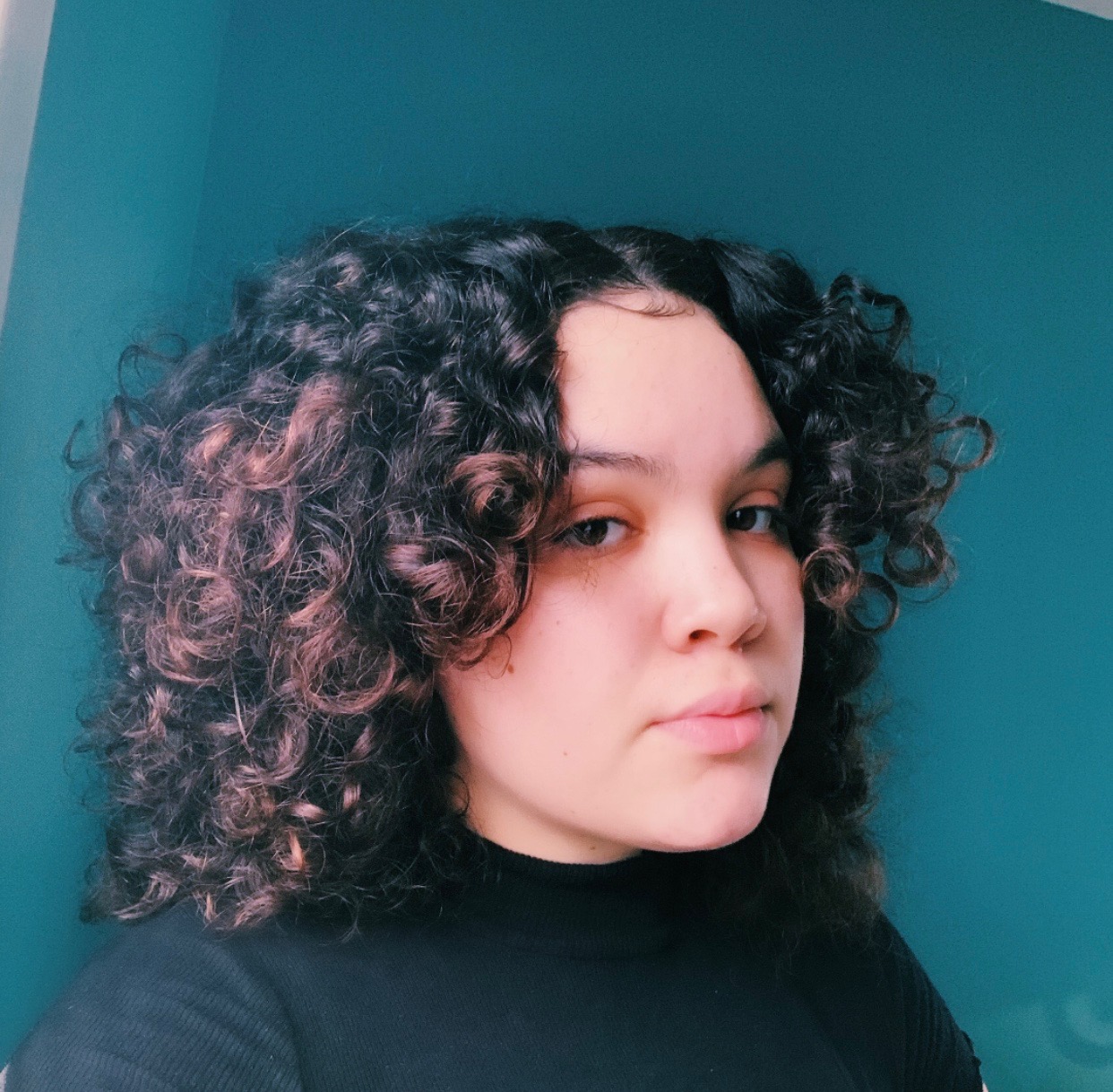
I am frustrated with the current racial injustice that is in America. Sometimes I find myself quickly getting angry with all the wrong things going on in our world today. The fact that the police officers that have been involved in the multiple killings of unarmed black people aren’t being held accountable frustrates me. It also frustrates me that continually police officers who have done wrong aren’t fired immediately. For example, Breonna Taylor was killed in early March but only recently has one of the three officers involved in her murder been fired. I think it is good that the peaceful protests are taking place, and that the protesting has placed good pressure to start changing things and hold more people accountable for their actions.
A few things that I have done to support the Black Lives Matter movement are sign petitions, have conversations with friends and family, as well as participate in the vigil at our church. There are youtube videos where all of the ad revenue goes to organizations that support Black Lives Matter. The video that I have watched is on Liza Koshy’s youtube where the ad revenue was donated to the Equal Justice Initiative. I have done these things as a way to support and contribute to the Black Lives Matter movement.
I think the next thing that needs to be done is to reform the police and create a better system when it comes to investigating and holding police accountable consistently when it comes to police brutality. Another thing I am hoping for is getting rid of no knock warrants.There are many changes that are needed when it comes to the police. I am curious to see how defunding the police works out. I am hoping it is successful and that more change continues to occur.
Shobha Duncan
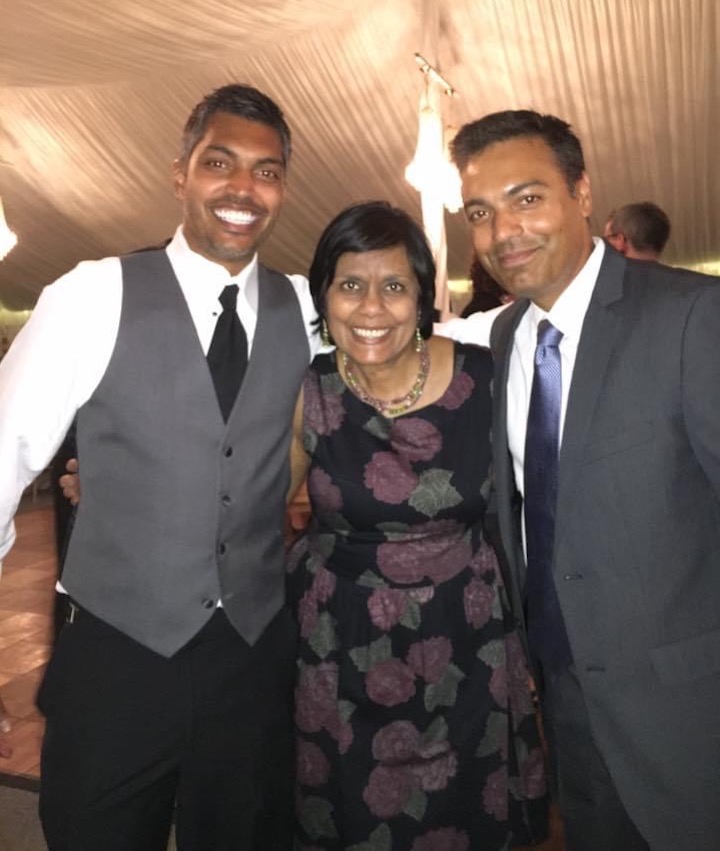
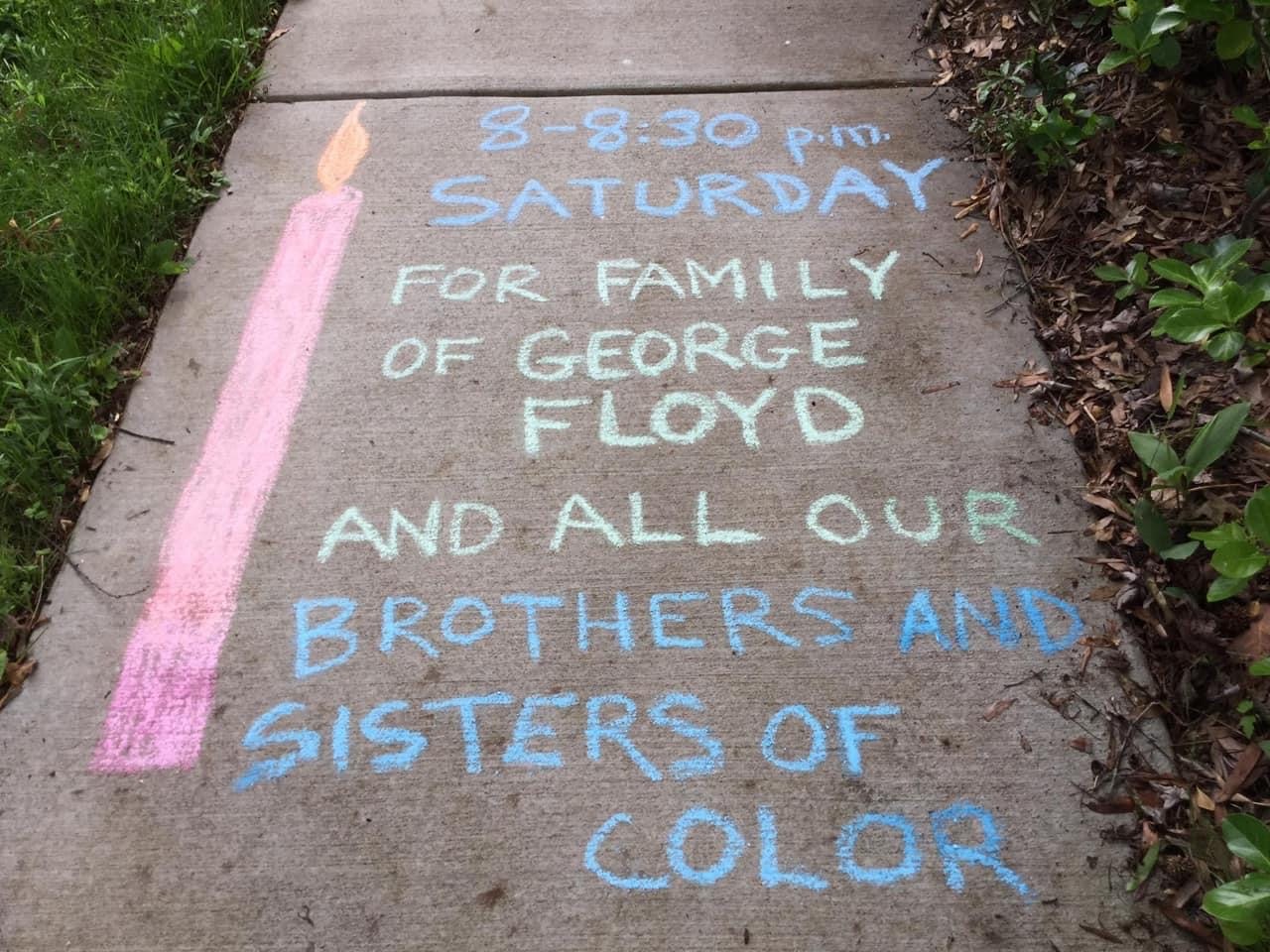
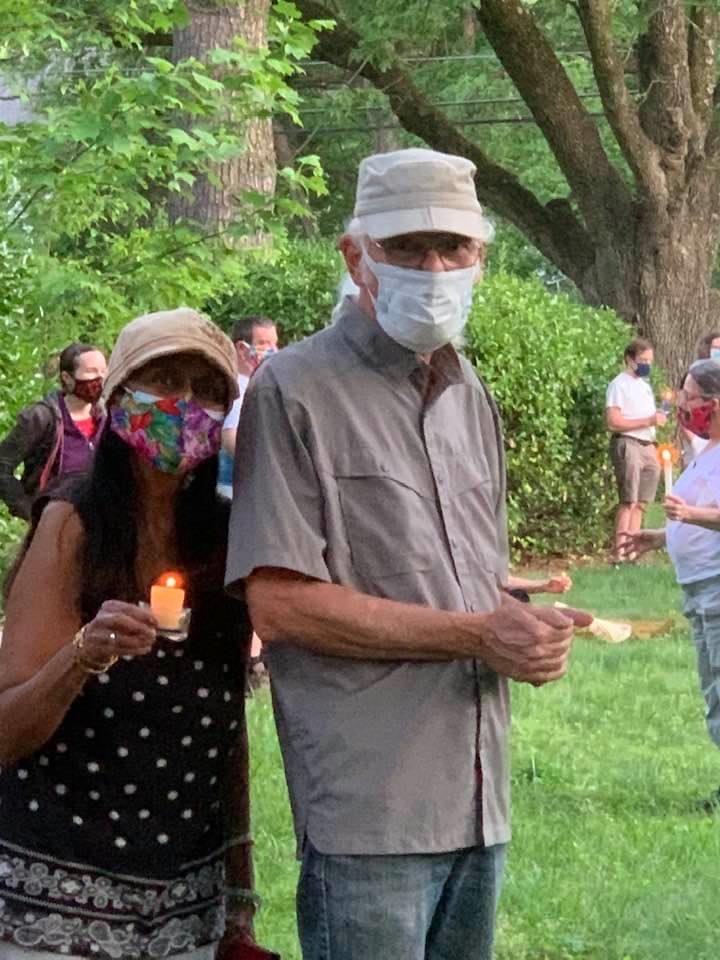
I was horrified by the killing of George Floyd. I saw a black man’s life and breath snuffed out under the knee of that police officer. Over the next few days, I began to consider how I might participate in solidarity with the protests and Black Lives Matter. On Facebook, I saw that a person in a nearby town was planning to stand outside her home with a candle in honor of the family of George Floyd and of all brothers and sisters of color.
We have a very nice common space in an open area behind our home and I got the idea that I could invite neighbors to join me in a candlelight vigil so I put a message on our local Greenbelt Facebook page. I asked that people wear masks and social distance so we could come together safely. It seemed like a small gesture but something I could do.
We had about 50 people join us. It was so heartening to see one after another of my masked neighbors and friends come with their candles and signs. Our time together included drumming from a dear friend of ours who teaches African drum, a number of speakers, including a local African American gentlemen, and, of course, candles.
It was so healing to come together and support one another in our grief. My dear friend, Melanie Griffin wrote thanking me for organizing this “balm for our souls.”
Coming to America in 1957, I was a preschooler who spoke two Indian languages and no English. As most children, I quickly learned English and had no problems communicating with my friends. My school was unfamiliar with foreign students (I was the only one) and my kindergarten teacher told my parents to speak only English at home, so I would learn English. They dutifully complied, even though my English was quite fine and I had no problems at all understanding and communicating with classmates and teachers. This directive caused me to lose the ability to speak in my native language, which I regret to this day.
I remember being teased about my dark skin, ostracized by teachers and other students, experiencing what we now call bullying. We are grateful that we raised our sons in Maryland where there is diversity, and at Cedar Ridge where we were accepted and loved. When my boys were growing up, and especially when they started driving, I had “the talk” many times warning them how to act and what to do if stopped by the police. When I see young men and women of color unjustly treated, I often think that could be my child.
There is so much we all can do to educate ourselves and stand up for our brothers and sisters of color, and having this vigil and attending others in our neighborhood is one way to swim in a sea of solidarity and love.
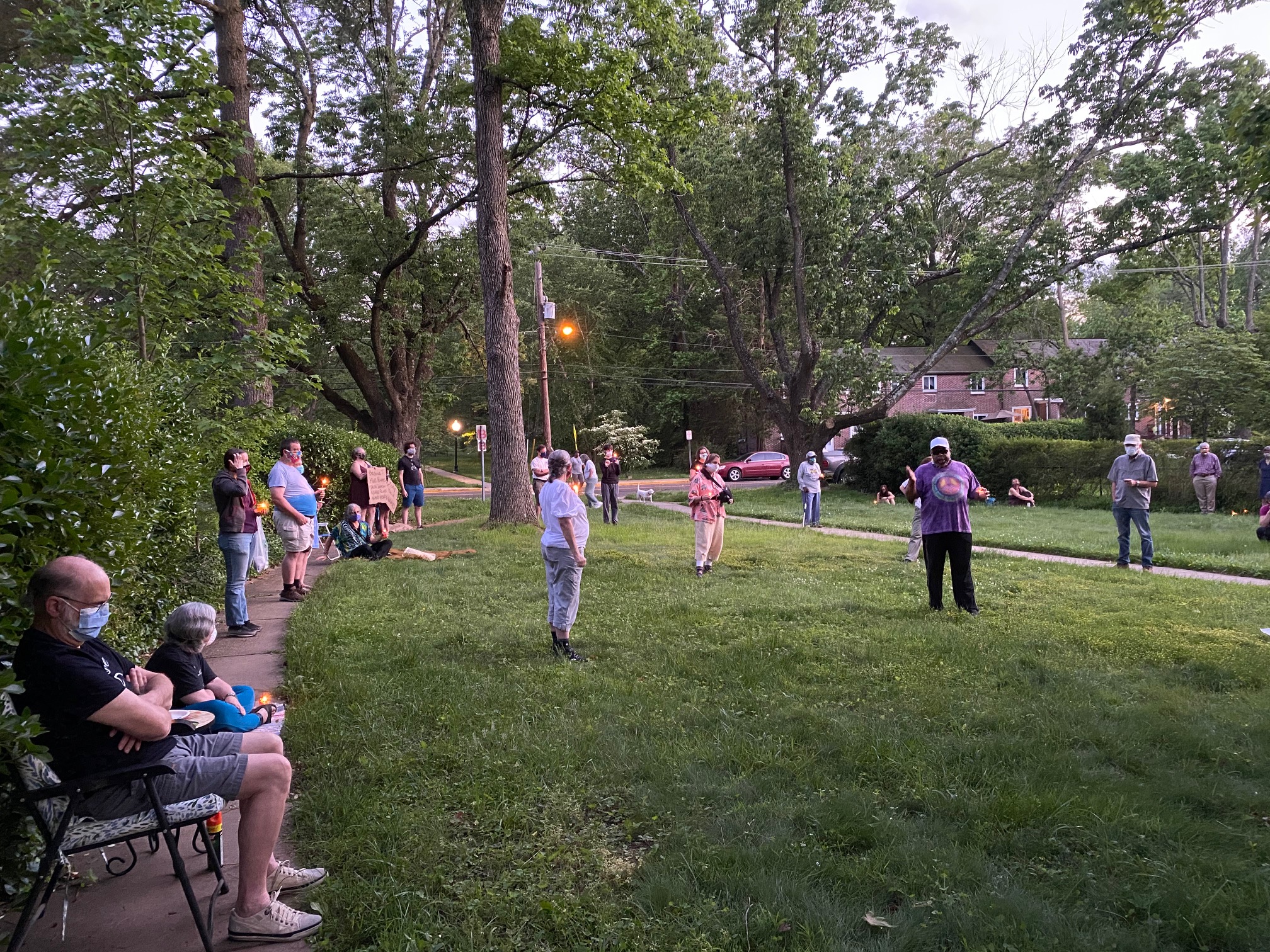
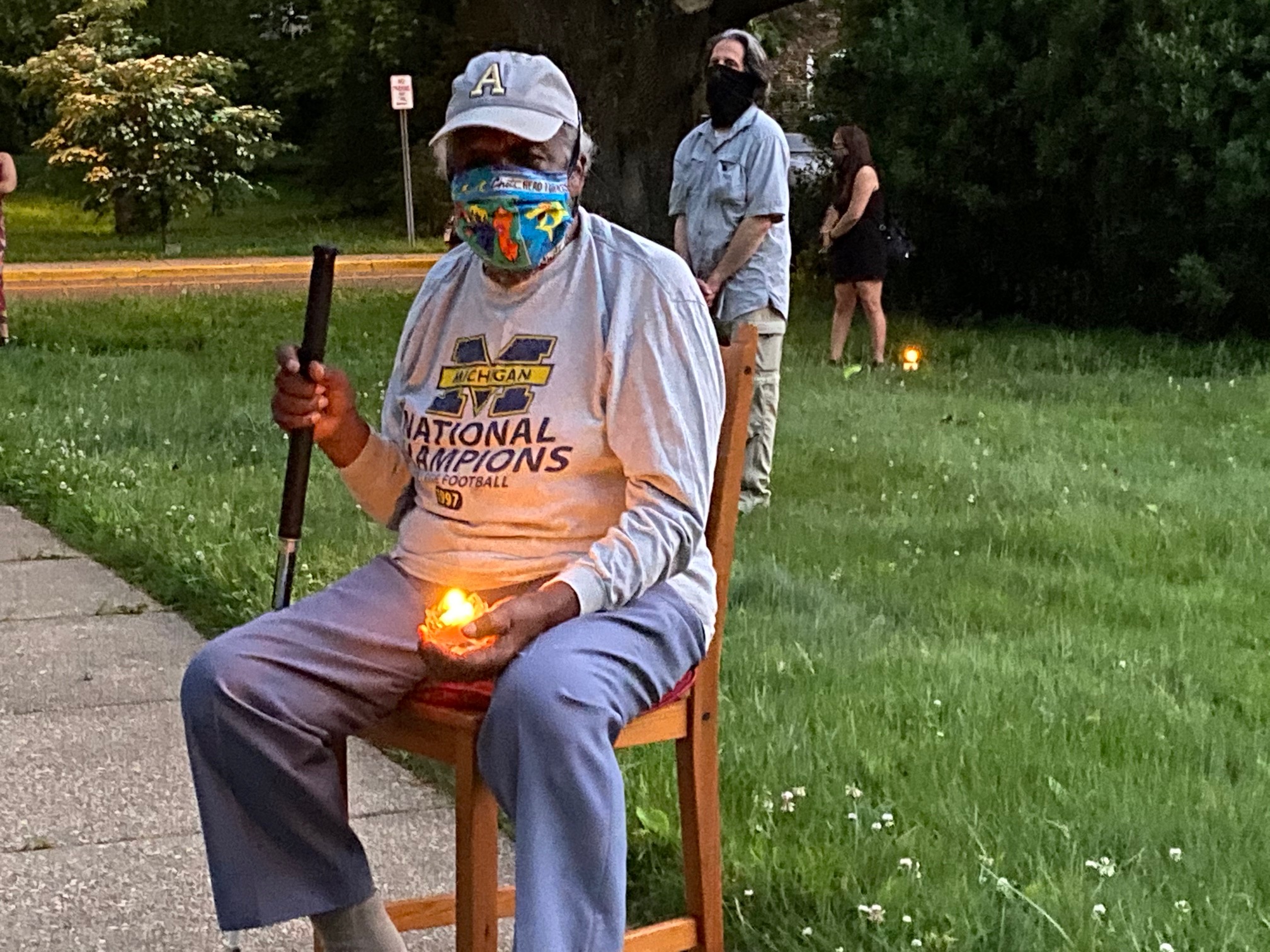
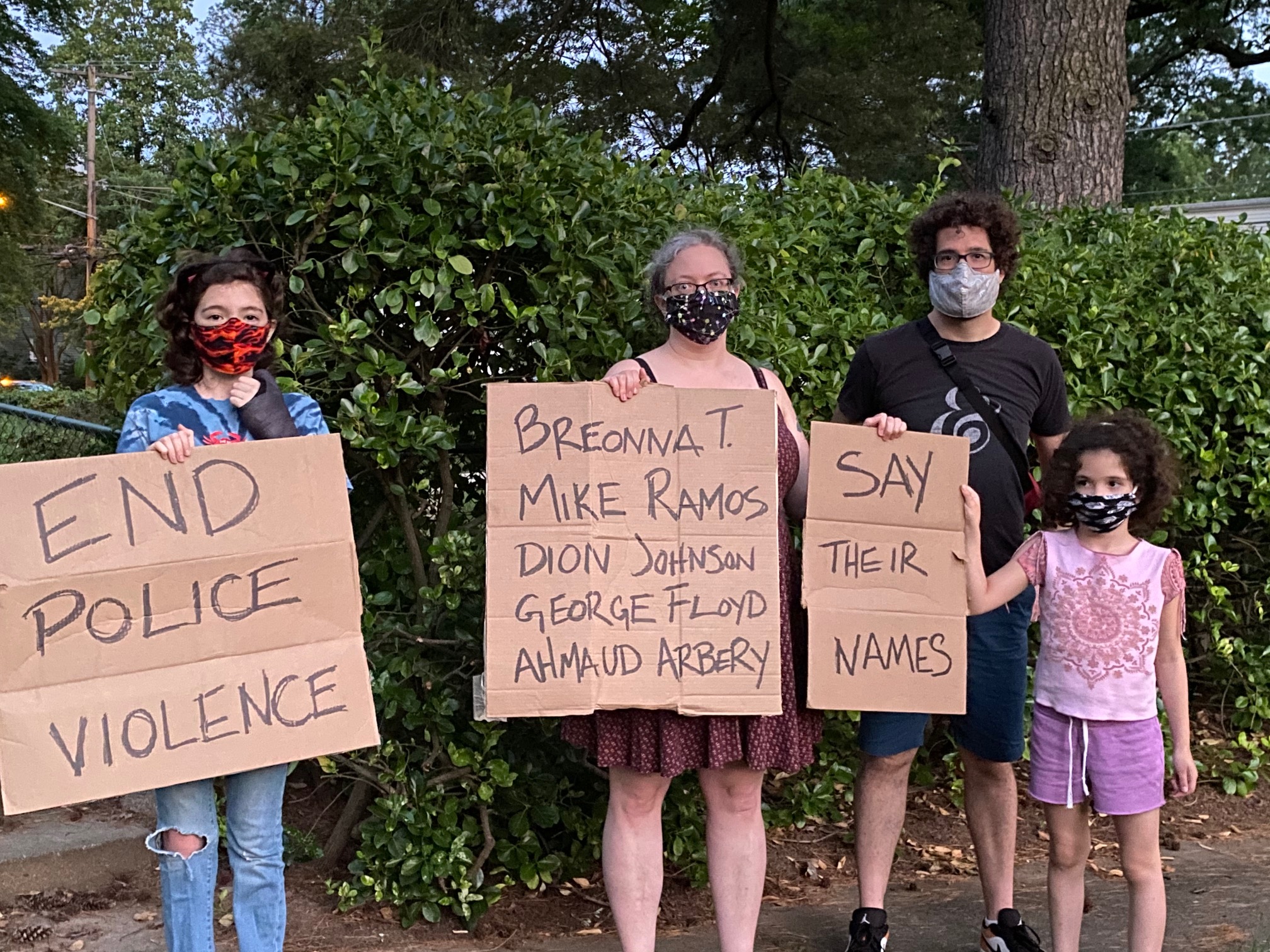
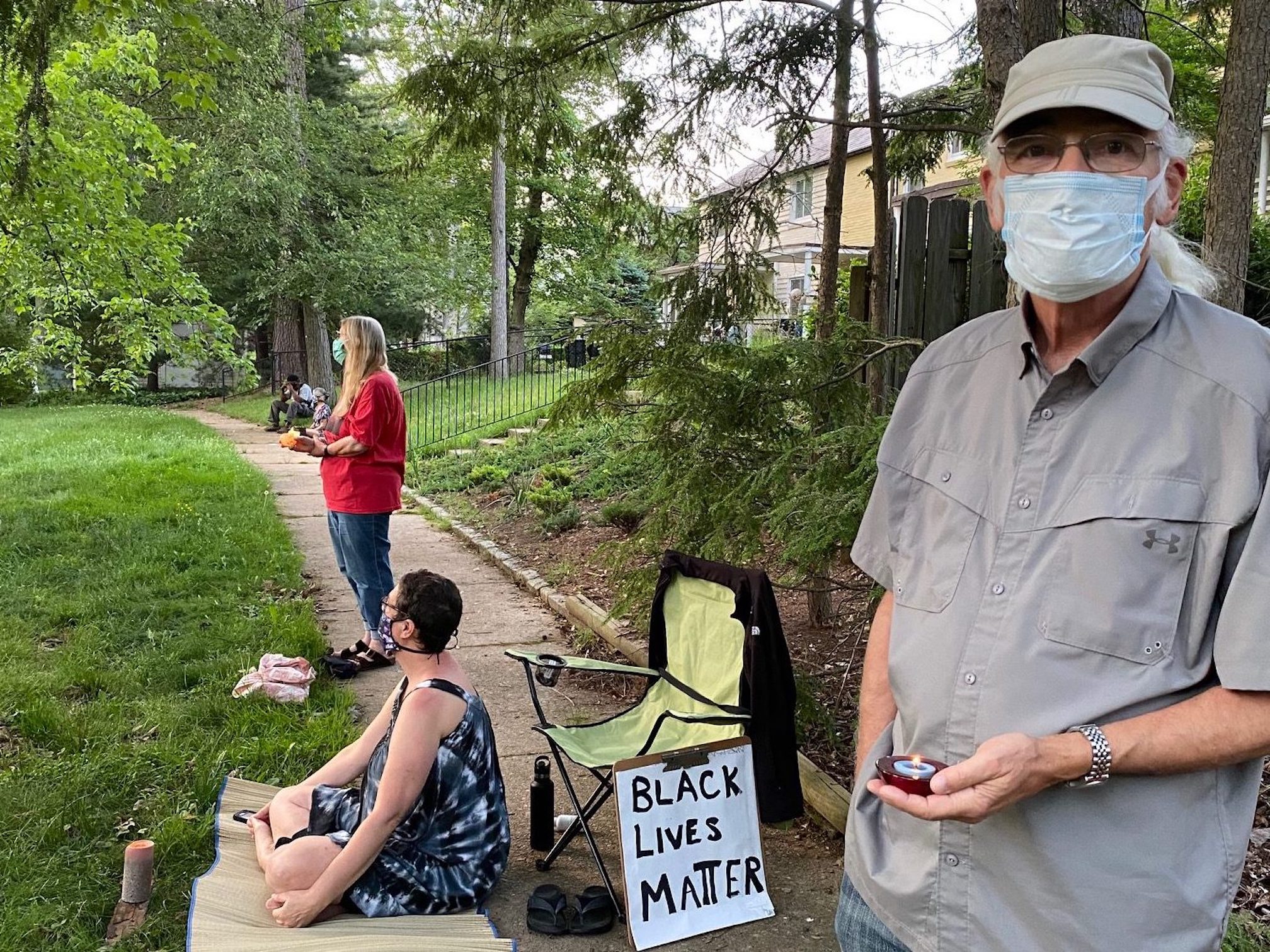
Kelissa Orsin
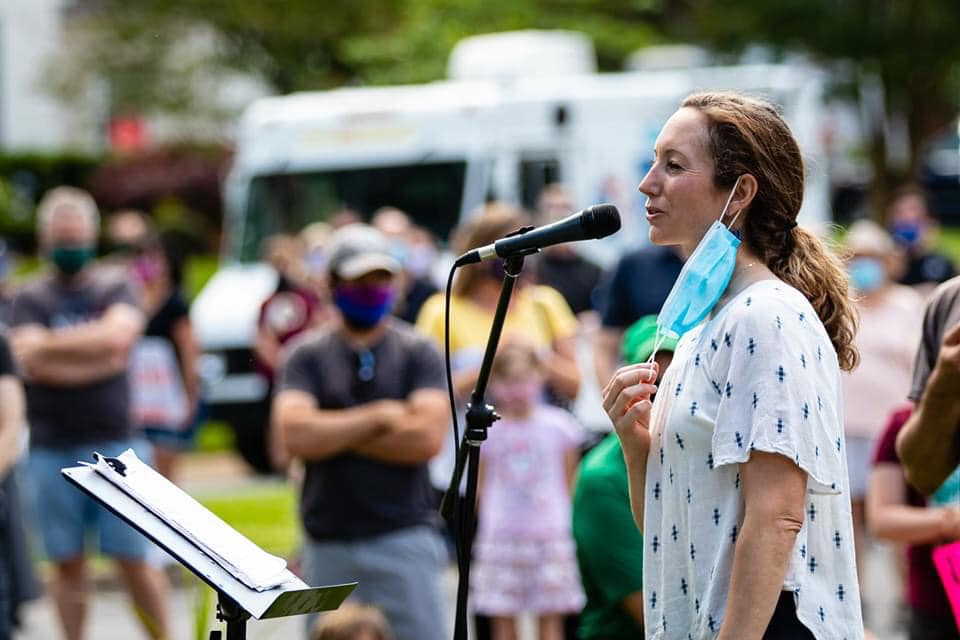
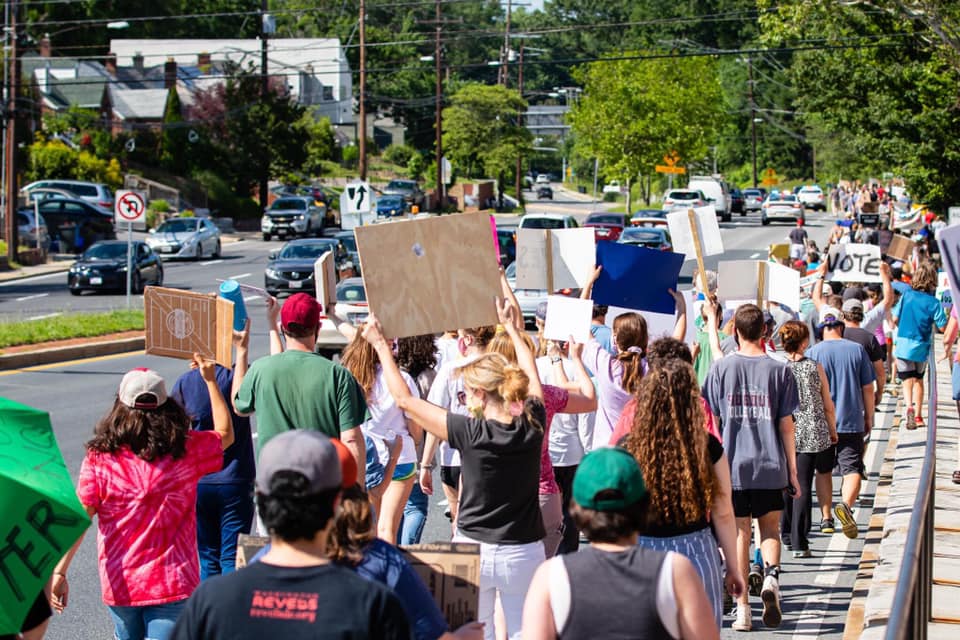
I grew up in Silver Spring, Maryland and attended a racially diverse high school. I have come to appreciate that diversity looking back, but at the time I never really thought about race that much. In my mind, racism was a problem in other places, at other times, and for other people. I sometimes heard older people make thinly veiled racist comments, and I just brushed it off, like oh, they’re old and don’t know any better. I thought my future kids were going to be lucky to be born in a time when racism would be finally eradicated once all the old racists died off. I had black friends, but none of them lived in my neighborhood, and I never really questioned why. I was shocked and outraged when the video surfaced of Rodney King being beaten by police in 1991, and remembered thinking that the problem of police brutality against black people was despicable and, now that it had come to light, would be rooted out and put to an end. While I was angered by the injustice, I didn’t really see it as my problem.
Now, almost 30 years later, we are still seeing senseless violence being carried out against black people by the police and “stand-your-ground” whites. Trayvon Martin, Tamir Rice, Philando Castille, and so many others have been murdered, and each time I felt immense sadness and outrage. I felt gratitude for those who spoke out demanding justice, and I talked with people about how horrible it was, but still I did very little in the form of action.
Now in the wake of the tragic deaths of Ahmaud Arbery, Breonna Taylor and George Floyd, I heard a call to action directed at white people to own this problem and our role in unintentionally perpetuating it. I felt compelled to educate myself and my children. I realized the danger of getting lulled into thinking that race wasn’t a big deal. I realized that the notion that we could be “colorblind” when it comes to race is rooted in the privilege that comes with being white. I felt the need to speak out. I looked around me and saw that in this beautifully diverse city of Silver Spring, my neighborhood was disproportionately white. How had I never really thought too much about that before? It was hard to reconcile the tranquillity of our neighborhood streets with what was going on just a few miles away in DC.
Like so many others, I felt stuck between a desire to join the chorus of voices on the streets demanding change and fear for my own safety and for the safety of my children. I had tried to get our neighborhood to participate in a virtual event for racial justice put on by the neighboring city of Takoma Park so we could all show our support for the cause safely from our front yards. I got a lot of encouraging responses from people remarking that we need more of this kind of thing in our neighborhood, but it still didn’t feel like we were really coming together as a community on the issue. I realized we really needed to come out together in a public and visible way. I started talking through ideas with a few close friends in the neighborhood and decided on a March for Racial Equality that weekend. I have never done anything like this in my life, and I really didn’t have any idea what I was doing. I was anxious about all the things that could possibly go wrong. What if people were offended? What if things got out of hand? What if someone got hurt? What if nobody came?
My incredibly supportive husband helped me every step of the way, and people from the community stepped up to help and turned out en masse the day of the event. We had over 500 participants and with the cooperation of the MCPD, we shut down a half-mile stretch of Colesville Road. The signs and lively protest chants from the crowd drew support and cheers from those passing by, and drivers from across the road blasted their horns and raised their fists in solidarity. After marching, the crowd gathered to hear from speakers from the community, including MD State Senator, Will Smith, and musicians who performed songs of love and protest. Speakers highlighted the importance of being actively anti-racist and presented opportunites to continue the dialogue in our community.
Since the march, people have been using the neighborhood discussion forums to address topics of racism and the history of our neighborhood. Many were surprised to learn about an old by-law that prohibited People of Color and Jewish people from being able to purchase a home here. The local group for inclusion hosted a discussion to shed light on safety concerns of neighbors who have been the victims of racial profiling in their own neighborhood. Another resident is working with Impact Silver Spring to start up affinity groups so that neighbors can talk more about these issues.
I realize that I am only beginning to understand all the ways that systemic racism has harmed People of Color in our society, and I will continue to try to educate myself. I will continue to actively seek out opportunities to take action, speak out, and contribute financially to causes that help our country advance towards racial equality.
Oliver Dyer
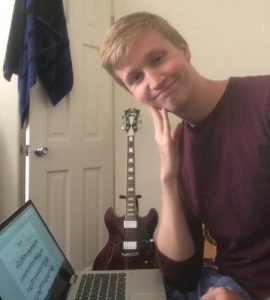 High-profile displays of police brutality against People of Color, such as in the case of George Floyd’s murder, have been par for the course for most of my childhood and into my adulthood. It pains me to say that whenever such a display occurs, the subsequent action of the public and the government are predictable, and in many ways inconsequential. It has been difficult for me to watch how racial injustice is handled in this country, because it makes me lose hope in the future of America. It is indicative of the problem with most political discourse in modern America.
High-profile displays of police brutality against People of Color, such as in the case of George Floyd’s murder, have been par for the course for most of my childhood and into my adulthood. It pains me to say that whenever such a display occurs, the subsequent action of the public and the government are predictable, and in many ways inconsequential. It has been difficult for me to watch how racial injustice is handled in this country, because it makes me lose hope in the future of America. It is indicative of the problem with most political discourse in modern America.
There are serious issues that need to be handled compassionately, sensitively and intelligently, but we seem stuck in polarization. People take to social media, and this gives everyone a voice. But at the same time those voices seem to become further alienated from one another.This leads to a heightened sense of needing to prove yourself right rather than treating the issues as the serious and very real problems that people are having to contend with. Because of this, effective decisions are rarely made, and nothing changes.
For this reason and many others, it can be difficult for me to figure out how to voice my stance or act on sensitive issues such as racial injustice. Oftentimes my beliefs are very uncomplicated and can be boiled down to a sentence such as, “police should not use excessive or unnecessary lethal force” or “people should not be treated worse on the basis of skin color by anyone, let alone government entities such as the police.” It is easy for me to believe that, but actualizing that belief can become very complicated. In the past I have not been very vocal about my outrage against racial injustice, police brutality, or my stances on the innumerable political issues that plague the nation. It is easier to stay quiet and do nothing, but as I get older, and feel more responsible for the condition of the world around me, I look for ways to actualize my beliefs other than proclaiming them with words.
With the increasing outrage that has been compounded by years of racial injustice, and recent upheaval and increased tension due to the Covid-19 pandemic, the world to me has never been more chaotic. It feels like people are less willing to listen to each other and come together to move forward as a society. A way I attempted to affect that was to do a video livestream with my friend Ryan, a fellow musician, and play music for donations to the national Black Lives Matter fund. People would tune in and make requests which we would then play for a donation. The stream went very well, many of our friends and family tuned in, and we raised over $300 to the cause in about an hour. It felt good knowing that people would show up for such an event, and that I could be the one to bring them together. It seems to me that taking action and offering your service can speak a lot more than words do. That is how I plan on affecting change in the future.
Sarah Burke
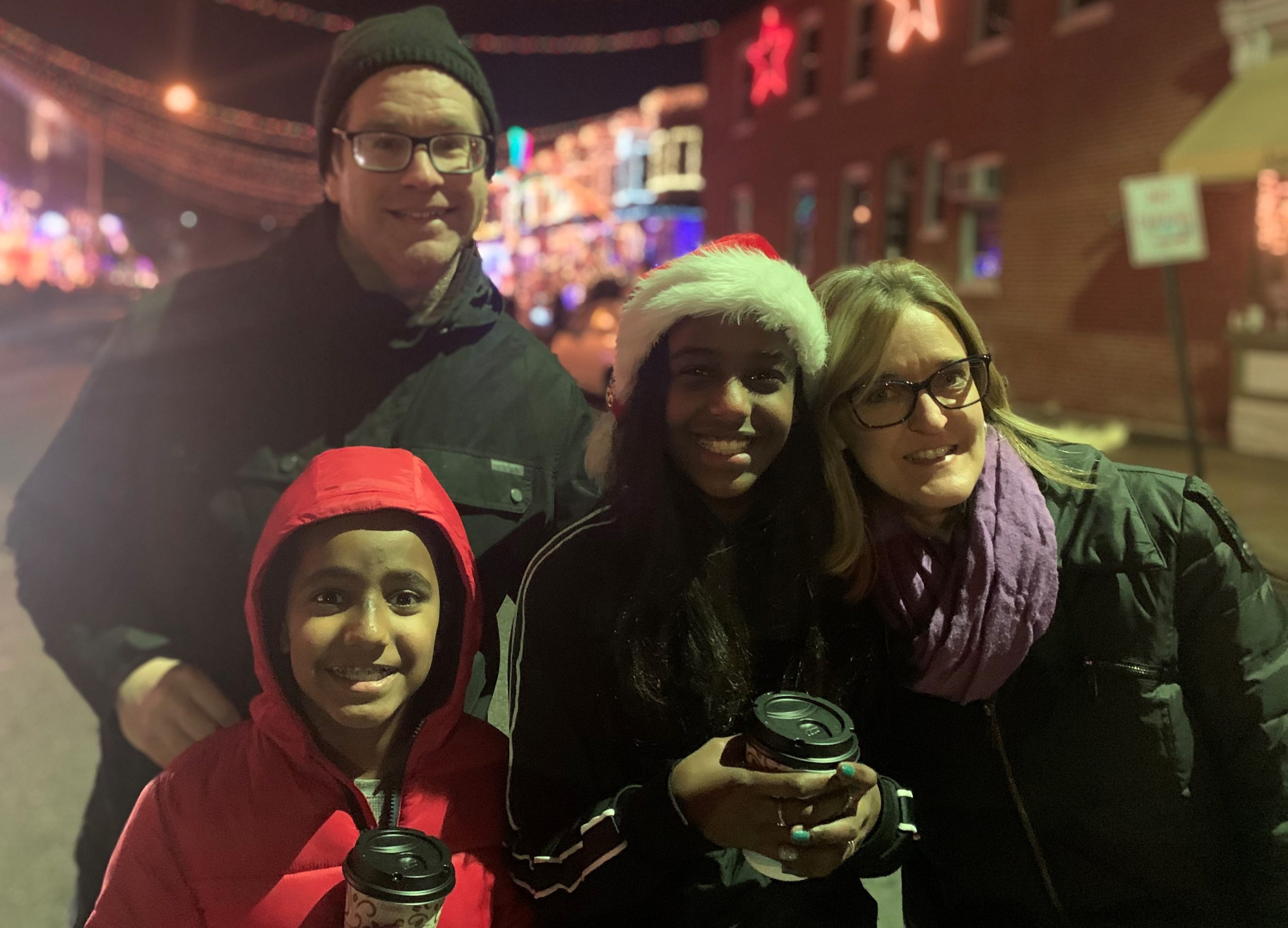
Like so many others at Cedar Ridge, I was reeling from the stress and strain of having been cooped up inside with my family, working full time, and playing teacher to my kids while they navigated the world of online school. Anxiety and panic were mounting realities as I struggled to find my footing in this new normal. So as the news began to emerge of the murder of Ahmaud Arbery, the senseless killing of Breonna Taylor, followed by the brutal death of George Floyd, I was stunned, angry, and admittedly overwhelmed. I wondered how I should respond, realizing that many of the instincts that followed were driven by my emotional reactions to a reality that is at once unfamiliar to me and hideously unjust to People of Color. But I want to do more than emotionally react. I want to consciously and mindfully decide how I will respond, who I will be in this moment, and what I will do differently. What is God calling me to as a result of this newfound awareness?
I have a growing reading list, countless podcasts in the cue, and the lingering question of how do I make a lasting difference? How do I let the emotion of the moment propel me into being a part of lasting change to bring about justice for Black lives, including my own adopted children, and the countless marginalized and oppressed people who are suffering in this country?
As I consider my own racial bias (and we all have them) and the ways I have benefited from White privilege, I’m setting goals for myself that are mindful and meaningful: mindful goals born of compassion and kindness, and meaningful goals that are substantive and directed. I want to cultivate space for lasting change in how I think, perceive, and respond to racial injustice. And in this unique climate, in which anxiety and fear easily put me in a tailspin of indecision, I am being specific with myself. I’ve decided on a few next steps for cultivating understanding and commitment to racial justice by:
- Reading (10 minutes a day at a minimum): How To Be An Antiracist by Ibram K. Kendi, My Grandmother’s Hands by Resmaa Mekaem, and White Fragility by Robin DiAngelo.
- Joining the conversation through encounter groups led by the Racial Justice Team here at Cedar Ridge.
- Caring for my soul by practicing mindfulness to explore areas of unconscious racial bias as well as kindness and compassion on myself and others in the process. One podcast which has offerings to this end, and also an app with countless resources for mindful meditation, is Ten Percent Happier.
- Exploring with my transracial family ways we can take a stand together, beginning with a Black Lives Matter rally in Columbia, MD, where we live.
- Discerning, through the voices and direction from each of the above resources and the Racial Justice Team how to respond in my actions in support of policies, organizations and leaders advocating for racial justice and equity.
These are a few steps I am taking to move forward in my journey, instead of being paralyzed by the cacophony of feelings. I am sharing this with you because you are my community, and we need each other in this process. I invite you to hold me to it by walking with me, checking in, and asking me, “So what’s next in the journey?”
Maddie Stryker

Hearing about what happened to George Floyd was absolutely outrageous and very upsetting. It disgusts me to see this happening and having to keep hearing about the other victims of police brutality towards People of Color.
On June 2nd there was a peaceful protest in Columbia, MD that I attended with my mom and older brother. I was nervous because it was the very first time I attended a protest, but I knew that being there and standing for what’s right would help make a difference. I think I was nervous before because I had seen video footage of the protests in other cities that had been violent protests and riots. It was 100% okay to feel the way I felt due to the fact that I had never protested before, but it was in fact a peaceful protest. I’m really glad that I went to this protest. It was a good experience and there were a lot of people that are fighting for justice.
I’m hoping that there will be a resolution to racism and I do hope that there can be justice for the victims and the families that have been involved in situations of police brutality or racial discrimination. I hope that our nation’s leaders can come together to help fix racial problems and support equality for every person in the United States.
Tim Stryker
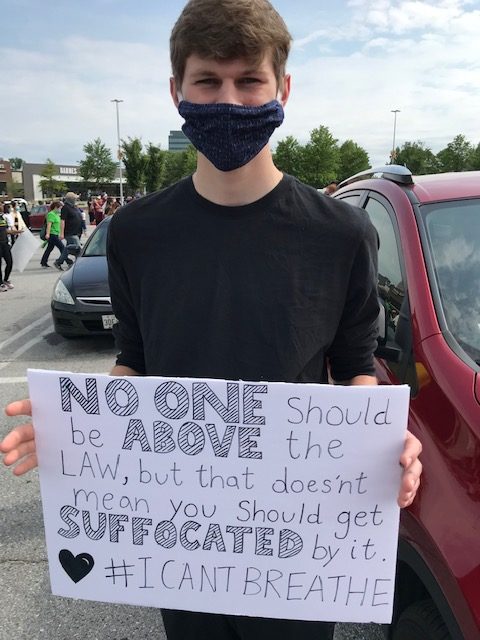
Honestly, it pains me to see our country so divided on a matter that really shouldn’t be that polarized. Although it is nice to see so many people in support of the Black Lives Matter movement, it’s still mind boggling to me that there are still racist people in the world. We’ve been dealing with racism ever since our country was founded. I don’t understand how people can be prejudiced against people that just look different. Personally, I’ve tried my whole life to keep an open mind and solely judge someone on their character and actions; but I’ve felt compelled to do more recently, advocating for the movement, due to the current events. There was a peaceful protest by the Columbia mall which I went to with my mom and sister. It was amazing to see so many people there of different races, ages, and backgrounds, all passionate about bringing the country closer together.
One thing that I’m hoping for in the future, and I hope other people will take advantage of, is our right to vote. We need to vote out the people who don’t support the movement and only care about money, and vote in the people who will advocate for all minorities. I think both that and just being willing to have an open mind would help our country greatly.
Join the Conversation on Racial Justice
God invites all of us into the holy struggle of changing our society. Several online gatherings will occur over the next few weeks for both inward work and action for change.
